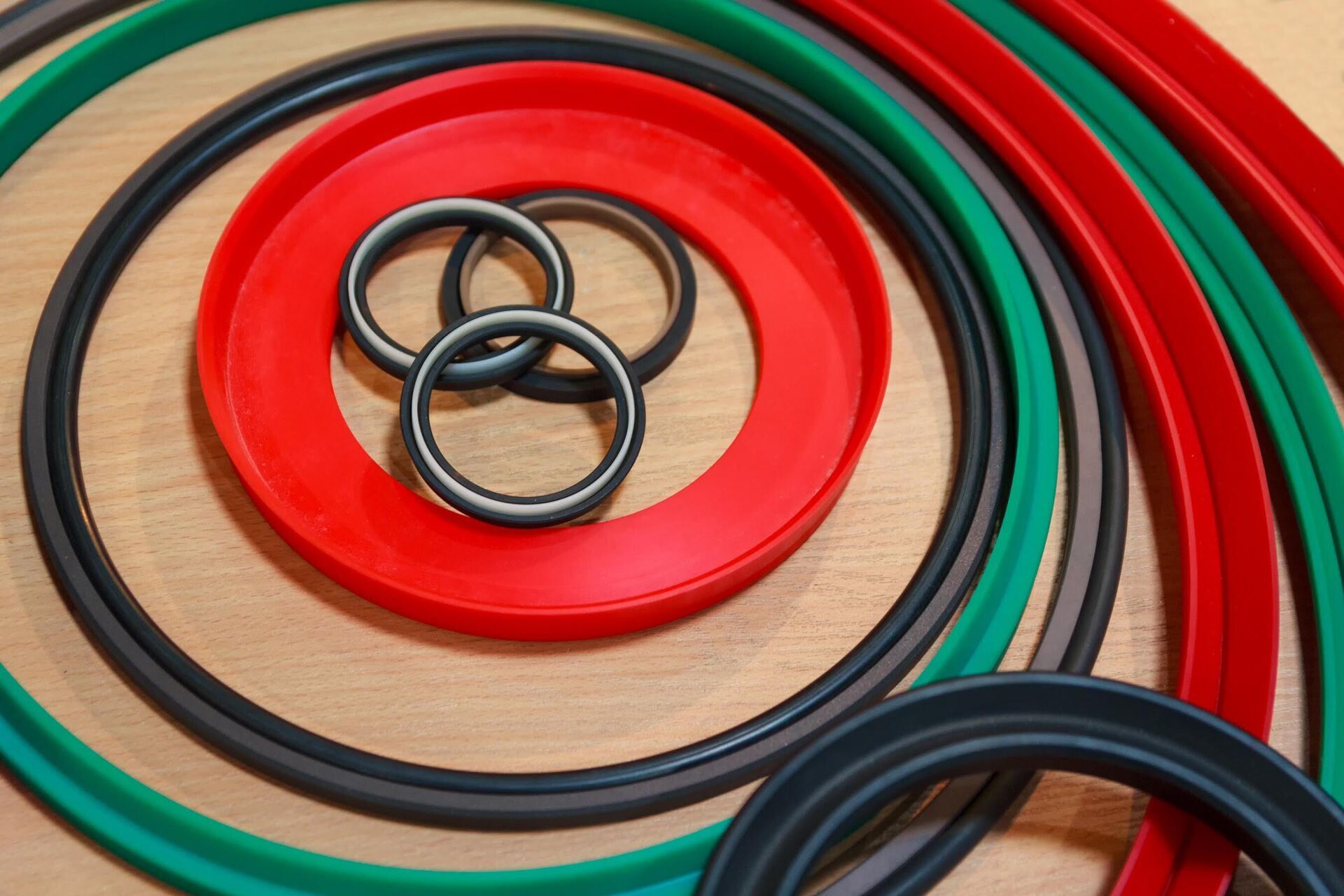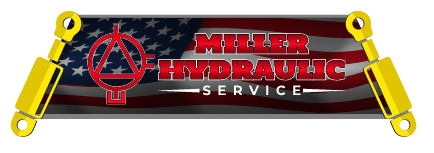6 Common Causes of Hydraulic Seal Failure

Hydraulic pumps and cylinders need seals to prevent leakages and protect components like rods. Sadly, seals often fail and lead to major problems when they do. The most common failures include aggravated fluid leakages, systematic contamination, and blowouts.
That said, numerous issues can cause hydraulic seal failure. Read on to familiarize yourself with the most common causes of seal failure and put yourself in a better position to prevent them in the future.
1. Hardening
Most hydraulic cylinders function well when in contact with hydraulic fluids that don't exceed 180° F in temperature. A higher range can negatively impact numerous components in these machines, including the seals.
When you expose hydraulic seals to extreme temperatures, they harden. That is a significant issue because it leads to lost elasticity. Hardened hydraulic seals often crack, which can easily lead to component failure.
2. Chemical Attacks
Various chemicals damage hydraulic seals. For instance, new fluid additives like amine preservatives can attack the backbone of the rubber polymer and make the material more brittle, which encourages premature failure.
A seal's material is also highly likely to break down if it encounters acid or other corrosive materials. That is why experts recommend you seek professional help before you pick hydraulic seals. Otherwise, if you get an incompatible product, the products you use may lead to chemical attacks and destroy your seals.
3. Contamination
Suppose you use your cylinder in an environment full of elements like dust, abrasive grit, mud, and weld splatter. In that case, these items can get into your device and lead to contamination.
Unfortunately, when external contaminants gain access to a hydraulic cylinder or attach themselves to its rod, they can lead to dirty seals. And as these components get filthier, they become less reliable and lose their ability to keep out debris, including dirt particles.
If you let this vicious cycle persist, the seals will eventually fail and compromise the entire cylinder's condition and functionality.
4. Fractures
Numerous issues can encourage your hydraulic seals to fracture. These include excessive backpressure, extreme temperatures, and pressure shocks. Also, the problem is common in components made of low-grade materials.
Fractures are bad because they often turn into long cracks and encourage a seal's dynamic side to break off. Plus, you are likely to notice signs of burnt seal surfaces when fractures are present.
5. Swelling
Hydraulic seals are compatible with specific fluids. For instance, nitrile butadiene rubber (NBR) components work seamlessly with petroleum-based hydrocarbons like diesel and mineral oils. On the other hand, they are incompatible with strong acids and highly aromatic hydrocarbons.
You shouldn't use your seals with incompatible fluids because their encounter can cause the former to swell. A swollen hydraulic seal loses its shape and becomes loose over time. Eventually, they cause significant issues like leaks.
6. Poor Installation
Hydraulic installation may seem easy, but it's not. Although most of these components are made of rubber, which makes them malleable and durable, they are still susceptible to damage.
That said, professionals use various tools to install hydraulic seals. These include piston seal compressors and adhesives. They also apply different tried-and-true tricks. For instance, an expert can heat a seal before installation to improve its elasticity.
Without the necessary skills and tools, you will likely install hydraulic seals improperly. For example, you may use the wrong equipment, cut or dent the seal's lip, and reduce its efficiency.
If your hydraulic cylinders operate erratically or have lost their effectiveness, the problem may be faulty hydraulic seals. To be sure, let Miller Hydraulic services help you troubleshoot. We are experts in hydraulics. Our team can effectively identify the issue you face and fix it quickly. We also provide emergency hydraulic repair services. Reach out now for more information.





